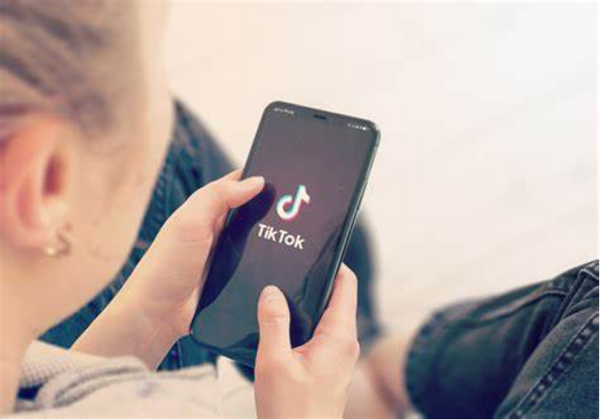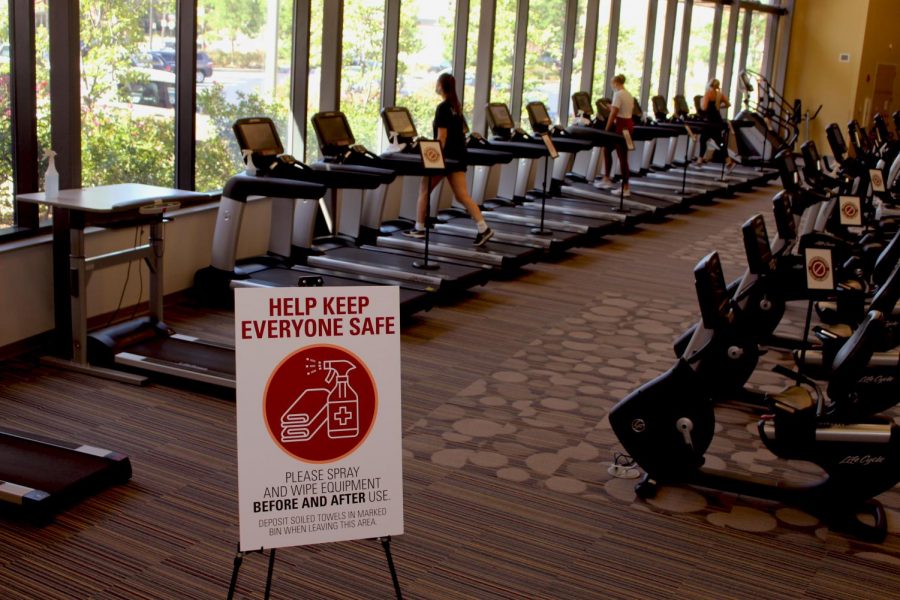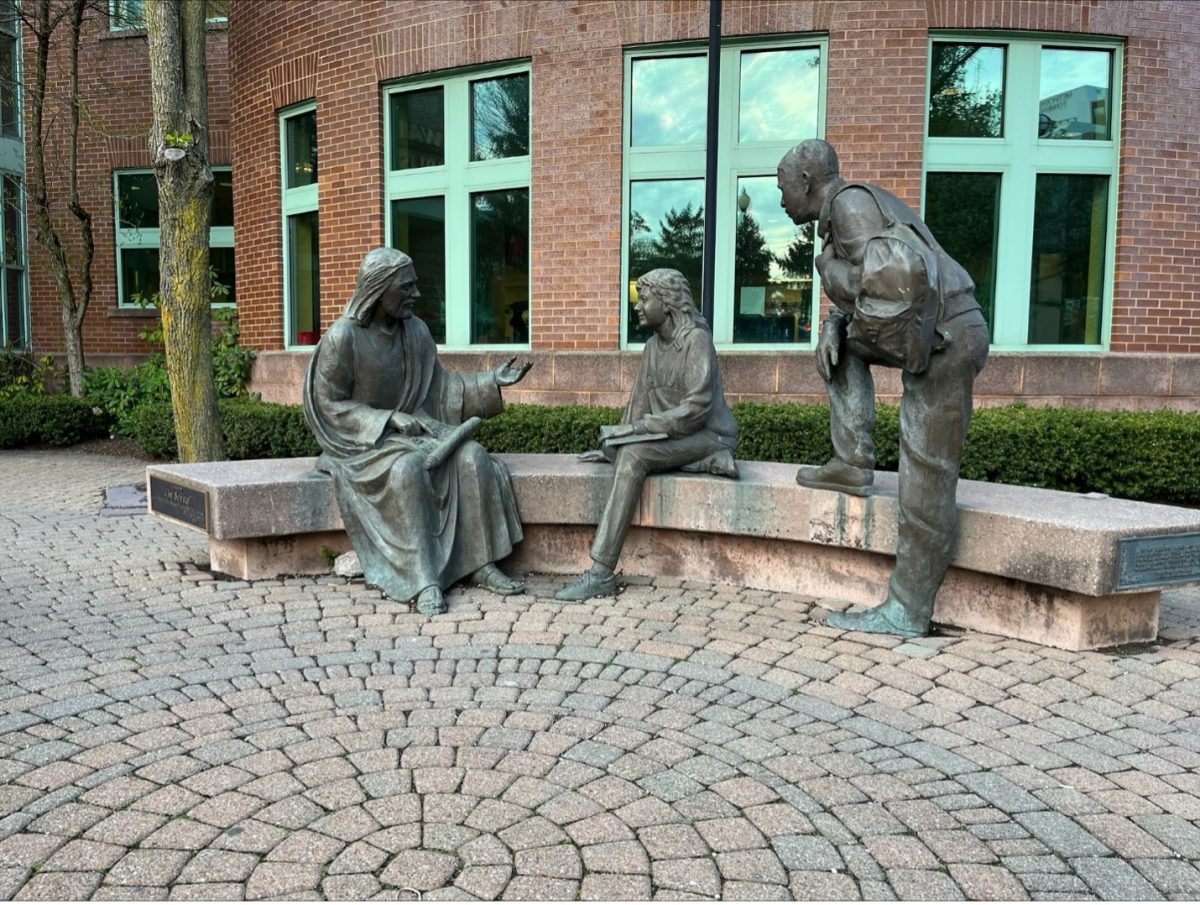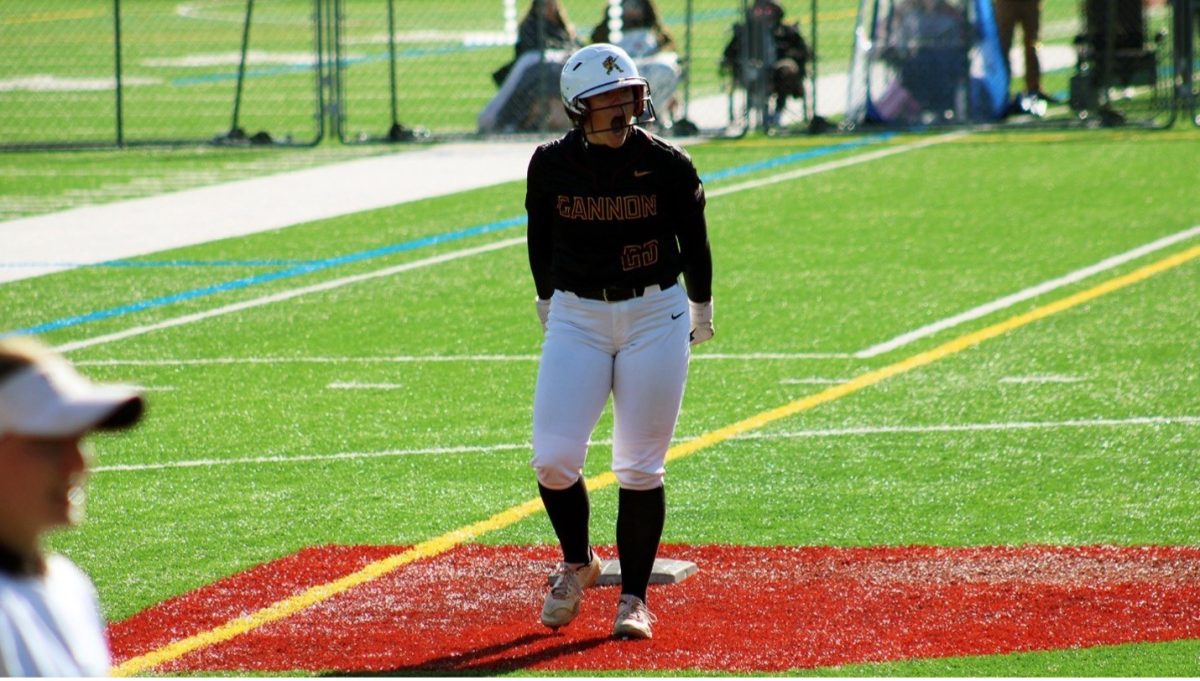Maintaining wellness during COVID-19
Ways to stay healthy while managing classes and the ongoing global pandemic
Students utilize the treadmills at Gannon’s Recreation and Wellness Center. Signs are in place at the RWC to ensure people maintain proper social distance and disinfecting procedures. The RWC reopened on July 27 with increased COVID-19 protocols.
August 19, 2020
In March, our lives got turned upside down as we encountered something we never thought of: a global pandemic. COVID-19 surged around the world and interrupted lives. Universities sent students home unsure of what to expect. Everything was put on hold as we learned how to deal with the new “normal.” Now, as the country is starting to loosen on stay-at-home orders and businesses are starting to reopen, new procedures are being set, including Gannon University’s Recreation and Wellness Center (RWC).
As a part of Gannon’s plan to stay on campus, the Recreation and Wellness Center reopened on July 27 with limited hours. Monday through Friday, the RWC is open from 8 a.m. until 8 p.m. On Saturday and Sunday, it is open from 9 a.m. until 3 p.m. All students, faculty and staff are still permitted to use the facility. Community members holding memberships also are permitted to use the facilities.
According to Gannon’s latest updates, there are several significant differences to the usual operations at the RWC, including:
· Both the outdoor and indoor fields will be open for use, except for pickup games.
· Locker rooms will be open for use; however, it is suggested that guests come dressed to work out and go home to shower to limit capacity.
· The pool will remain closed.
· Group fitness classes will remain virtual until further notice.
· All equipment has been moved in order to follow social distancing standards.
Here are the procedures that all guests must follow before using the facilities in the RWC:
· Guests will need to complete the survey that can be found on LiveSafe and to monitor symptoms. If displaying symptoms, guests will be asked to leave.
· There will either be temperature screenings upon arrival via the free-standing thermal imaging kiosk at the entrance of the RWC or a staff member at the temperature check station using a no-touch thermometer. Anyone displaying a temperature of 100.4 degrees Fahrenheit or higher will be asked to leave.
· Masks are always required in the RWC, including while exercising. According to the American Council on Exercise, most people can perform their regular workout while wearing a mask. However, it is important to monitor how they feel and to adapt their routine if necessary. It is suggested that exercisers not do as intense workouts as they are used to.
· The water fountains have been turned off. However, guests will be able to refill water bottles using the bottle fill dispensers attached to the water fountains. Guests must bring their own water bottles to do this.
· All exercise equipment must be properly sanitized and wiped down after use. There will be disinfectant spray at each piece of equipment throughout the RWC. Cleaning towels will also be located in the cardio and strength areas. Towels can be deposited after use in specified locations throughout the building.
Not only is physical health important during a pandemic — mental health is too. The COVID-19 pandemic has caused a historic rise in mental problems over the past few months. According to the Centers for Disease Control and Prevention, it was reported that a whooping 41% of respondents have faced challenges with mental health issues due to COVID-19 and social distancing. Many are experiencing depression, anxiety and several other issues during these troubling times — and are not finding methods of coping with our changing world.
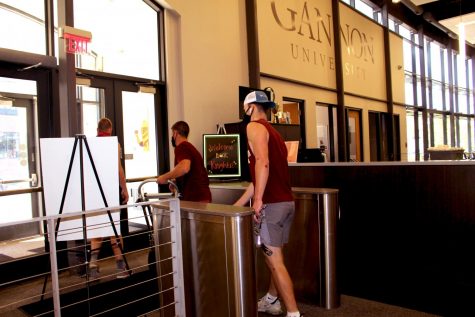
At Gannon, there are many resources to help students who are struggling with their mental health. At the Counseling Center, on-campus services are free for enrolled students and everything is confidential. Jodi Giacomelli, Ph.D., associate director of Gannon’s Student Counseling Services, recommends students take these steps to initiate counseling:
· Email [email protected] to initiate counseling. A therapist will respond and schedule a phone triage appointment with the student. Typically, the phone appointment is a 15-minute discussion about the student’s needs and about the services.
· At the end of the phone appointment, the therapist will either schedule the student with an on-campus therapist for ongoing counseling or they will assist the student with a referral to an off-campus therapist.
· Usually, students will meet with on-campus therapists every two to three weeks. If students want or need more frequent appointments or more specialized treatments, they will be assisted in connecting with an off-campus therapist who can better meet their needs.
Giacomelli also suggests checking out these websites for online resources on mental health during COVID-19:
· Activeminds.org
· Jedfoundation.org
· Apa.org
The overall care for your mental and physical health and well-being during this time is especially important. If you’re feeling overwhelmed, anxious or just down in general, there are a myriad of outlets you can use to manage those. Exercise, meditation, counseling and simple self-care can greatly improve your overall mood.
Most importantly, check in with yourself every once in a while. On top of classes, you are now dealing with a global pandemic that changes the way we live daily. Caring for yourself is imperative during this time, so make sure you prioritize it.
NATALEE STINEBISER
[email protected]



